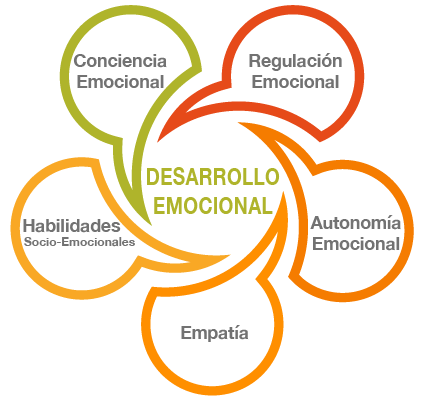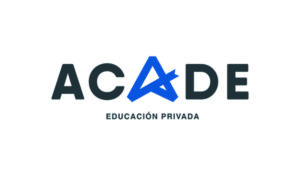Rafael Bisquerra defines Emotional Education as an educational process, which is continuous and ongoing, that aims to enhance emotional development as an essential complement to cognitive development, both of which are essential elements in the comprehensive individual’s personality growth. For this purpose, it proposes the knowledge and skills training on emotions in order to enable the individual to better face the challenges that arise in everyday life. All of this is aimed at increasing personal and social well-being.
At International School Peniscola we understand that Emotional Education is a continuous and permanent educational process, since it must be present throughout the academic curriculum and in lifelong learning throughout life.
Emotional Education is present in all educational stages, developing strategies for prevention and emotional literacy.

OUR EMOTIONAL EDUCATION PROGRAM PURSUES THE FOLLOWING OBJECTIVES:
EMOTIONAL COMPETENCIES THAT WE DEVELOP IN OUR EMOTIONAL EDUCATION PROGRAM:



